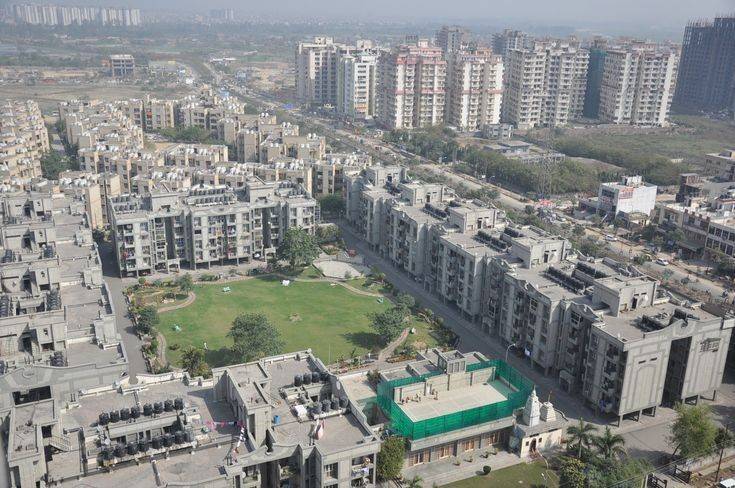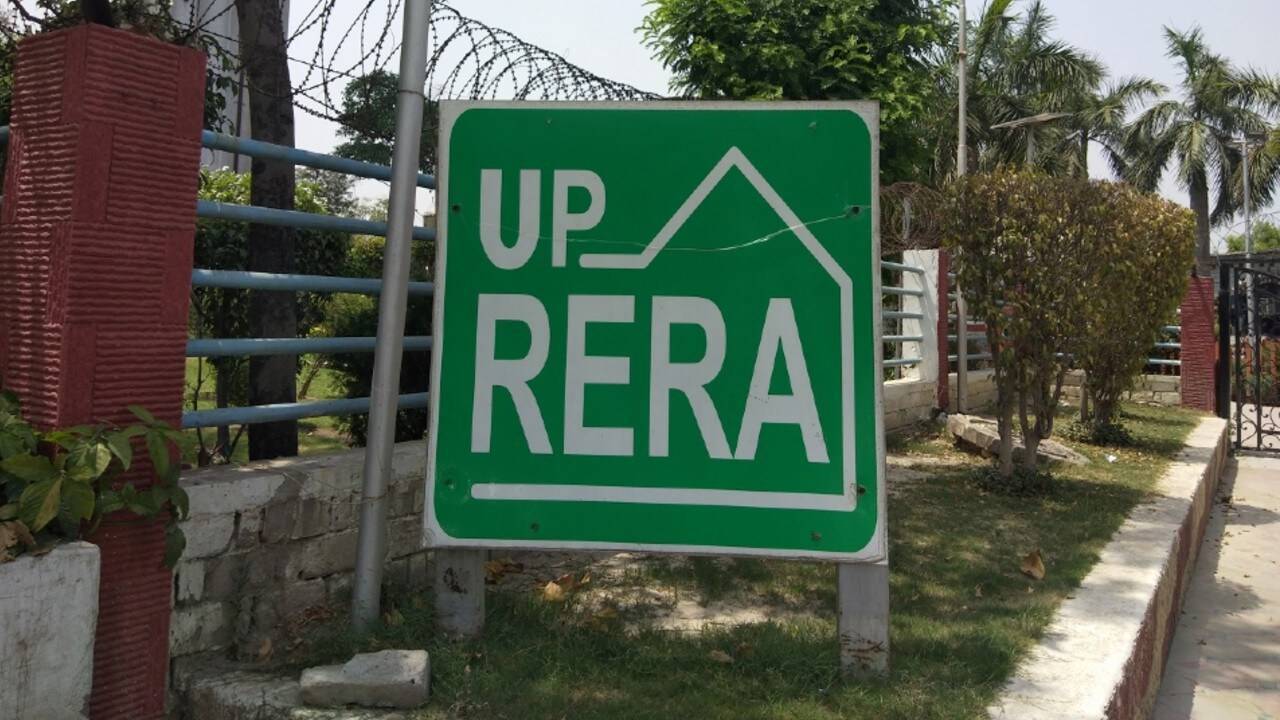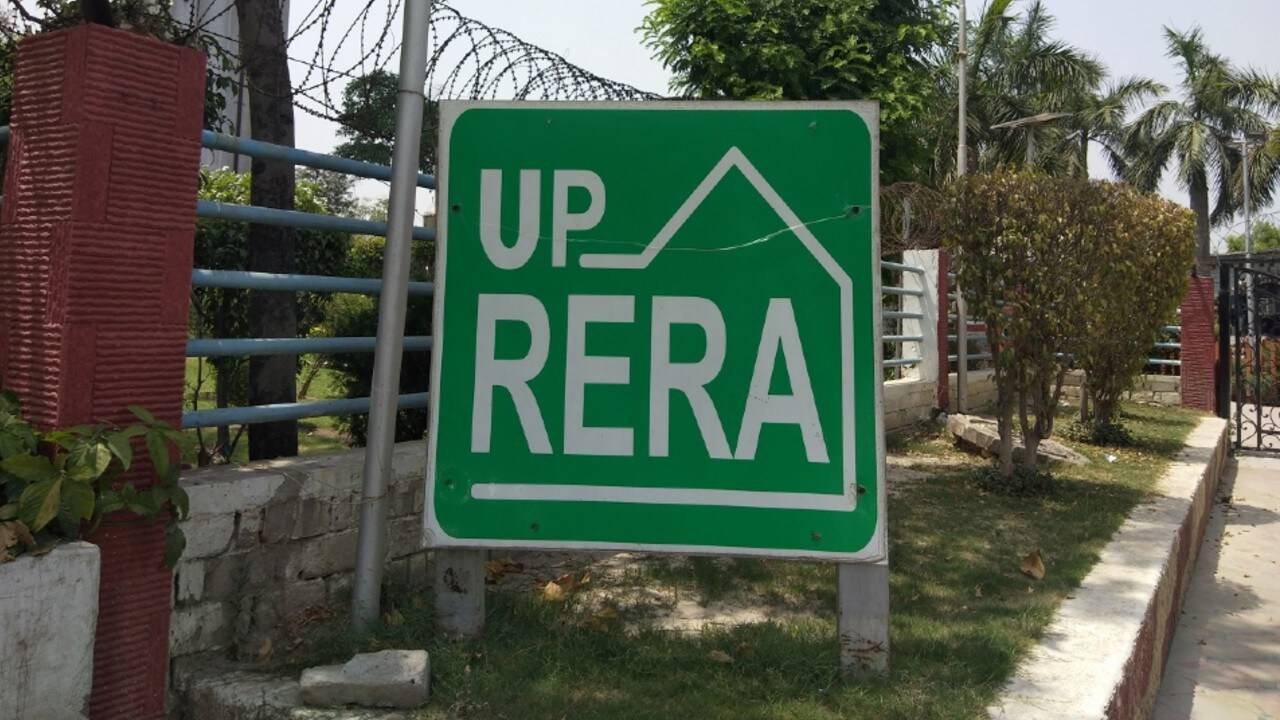As of July 31, 2024, more than 50,000 real estate-related cases remain unresolved in consumer courts across India, as revealed by recent government data. In a written reply to the Lok Sabha, Minister of State for Food and Consumer Affairs, B L Verma, highlighted the substantial backlog in the consumer commissions, shedding light on the ongoing struggles of homebuyers and real estate investors seeking justice in a sector plagued by delays and disputes.
The Scale of the Issue
According to the data, out of the 244,813 cases filed in consumer courts at various levels—national, state, and district—a total of 194,555 cases have been resolved, leaving 50,258 cases still pending. This significant number underscores the challenges faced by consumers in the real estate sector, which is notorious for delays, non-delivery of projects, and discrepancies in property transactions.
The Consumer Protection Act, 2019, serves as the foundation for addressing such disputes, offering a three-tier quasi-judicial system designed to provide swift and effective redressal. Despite these provisions, the backlog indicates a need for further reforms to expedite the resolution process and restore consumer confidence.
The Consumer Protection Act, 2019: Framework and Current Limitations
The Consumer Protection Act, 2019, was introduced to address such disputes through a structured quasi-judicial system. This Act includes provisions for virtual hearings, deemed admissibility of complaints if a decision on admissibility is not made within 21 days, and mandates that complaints be resolved within three to five months depending on their complexity. Despite these improvements, the backlog indicates that the system is still struggling to keep pace with the high volume and complexity of real estate disputes. The delays not only frustrate consumers but also contribute to market uncertainty, affecting both buyers and developers.
E-Daakhil Portal: A Digital Solution with Potential
In response to the growing backlog and to enhance the grievance redressal process, the government has introduced the e-Daakhil portal in 35 states and union territories. This online platform allows consumers to file complaints digitally, offering a more efficient and accessible method of seeking redressal. The portal enables users to file complaints from anywhere, track the status of their cases, and participate in virtual hearings. While this digital initiative represents a significant step forward in addressing the backlog, its effectiveness will hinge on its integration into the existing judicial infrastructure and its adoption by both consumers and legal practitioners.
The Real Estate Sector's Persistent Challenges
The real estate sector in India has long been marred by issues such as project delays, non-compliance with regulatory norms, and discrepancies between promised and delivered properties. These issues have led to a significant number of disputes, with consumers often finding themselves at the mercy of developers who fail to honor their commitments.
The large number of pending cases in consumer courts is a reflection of these ongoing challenges. Despite the introduction of regulatory bodies like the Real Estate Regulatory Authority (RERA) and the implementation of the Consumer Protection Act, 2019, many consumers still struggle to get timely resolutions to their grievances.
Need for Further Reforms
While the government has made strides in improving the consumer grievance redressal system, the current backlog indicates that more needs to be done. One potential solution could be to increase the capacity of consumer courts, both in terms of the number of cases they can handle and the speed at which they can resolve them. This could involve appointing more judges, improving case management systems, and providing additional resources for the courts.
Another important aspect is raising awareness among consumers about their rights and the avenues available for seeking redressal. Many consumers are still unaware of the provisions of the Consumer Protection Act, 2019, or how to navigate the legal process. Increased outreach and education efforts could help empower consumers to take action when they encounter issues in the real estate sector.
Road Ahead
The backlog of real estate cases in consumer courts highlights significant challenges within India's consumer protection system. Despite progress through the Consumer Protection Act, 2019, and the e-Daakhil portal, the volume of unresolved cases highlights the need for further reforms. Enhancing consumer commission capacity, advancing digital initiatives, and tightening regulations in the real estate sector are essential steps.As the government and industry continue to collaborate on improving consumer protection mechanisms, the ultimate goal remains to provide consumers with a fair, efficient, and accessible system for resolving disputes.









.png)